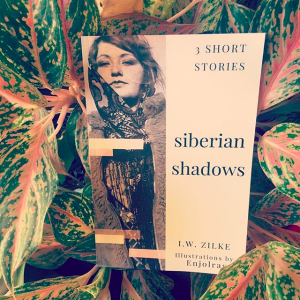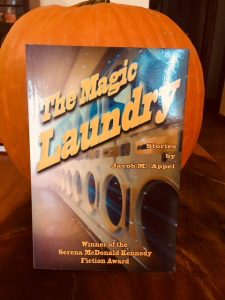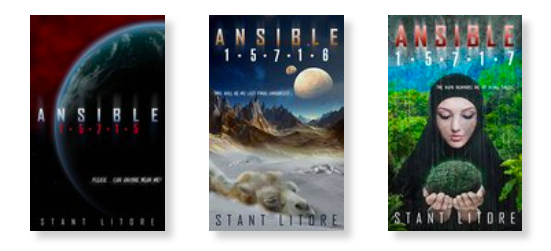 I won a copy of I. W. Zilke‘s Siberian Shadows
I won a copy of I. W. Zilke‘s Siberian Shadows through Goodreads.
Description:
A collection of 3 short stories inspired by true events in Siberia during the last century.
These stories, directly taken from I. W. Zilke’s immediate family history, present a special world in a gripping and unforgettable manner. With an unflinching insight into the dark depths of the human soul, the author portrays the entire palette of human suffering through an inverted mirror: from cannibalism as an act of courage (in Tabula Rasa) to a rapist with an honourable heart (in Emma), and a stuttering child who overcomes his predicament for the first time in an act of violence (in Feathers). And while all of the stories are set in Siberia, they encompass the full human experience and due to Zilke’s eye for detail, like a surgeon’s knife, they can hit closer to home than expected.
The 3 stories are brought to life by powerful artistic visions. All drawn by hand, the 9 illustrations complete the collection and create a unique literary treasure.
Review:
This is a collection of 3 very short stories from the author’s family’s history and it’s an interesting read. In the book’s synopsis, there is a sentence that reads, ” With an unflinching insight into the dark depths of the human soul, the author portrays the entire palette of human suffering through an inverted mirror…” And that’s what the stories actually manage to do in very few pages. They ask you to consider cannibalism as an act of courage and sacrifice. It presents a rapist as being responsible and therefore honorable. It allows a child cursing an adult out as a success and validation. These are obviously perversions of reality, but for 5 or 10 pages Zilkes makes you wonder if maybe, just maybe…


